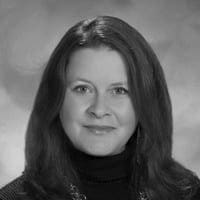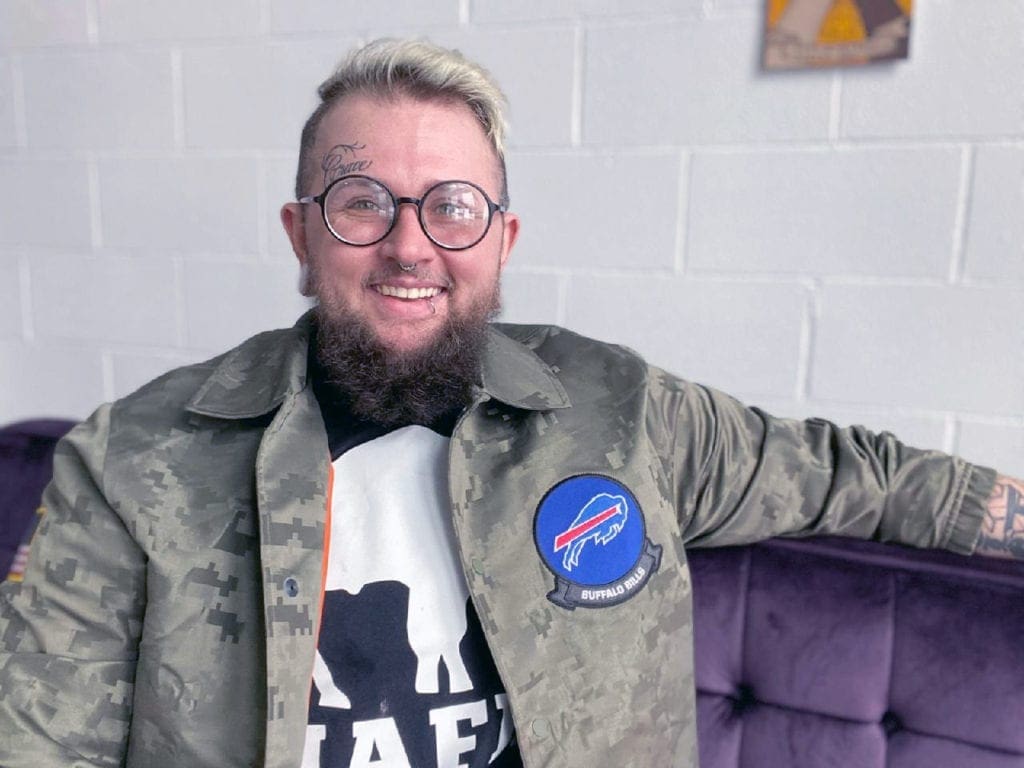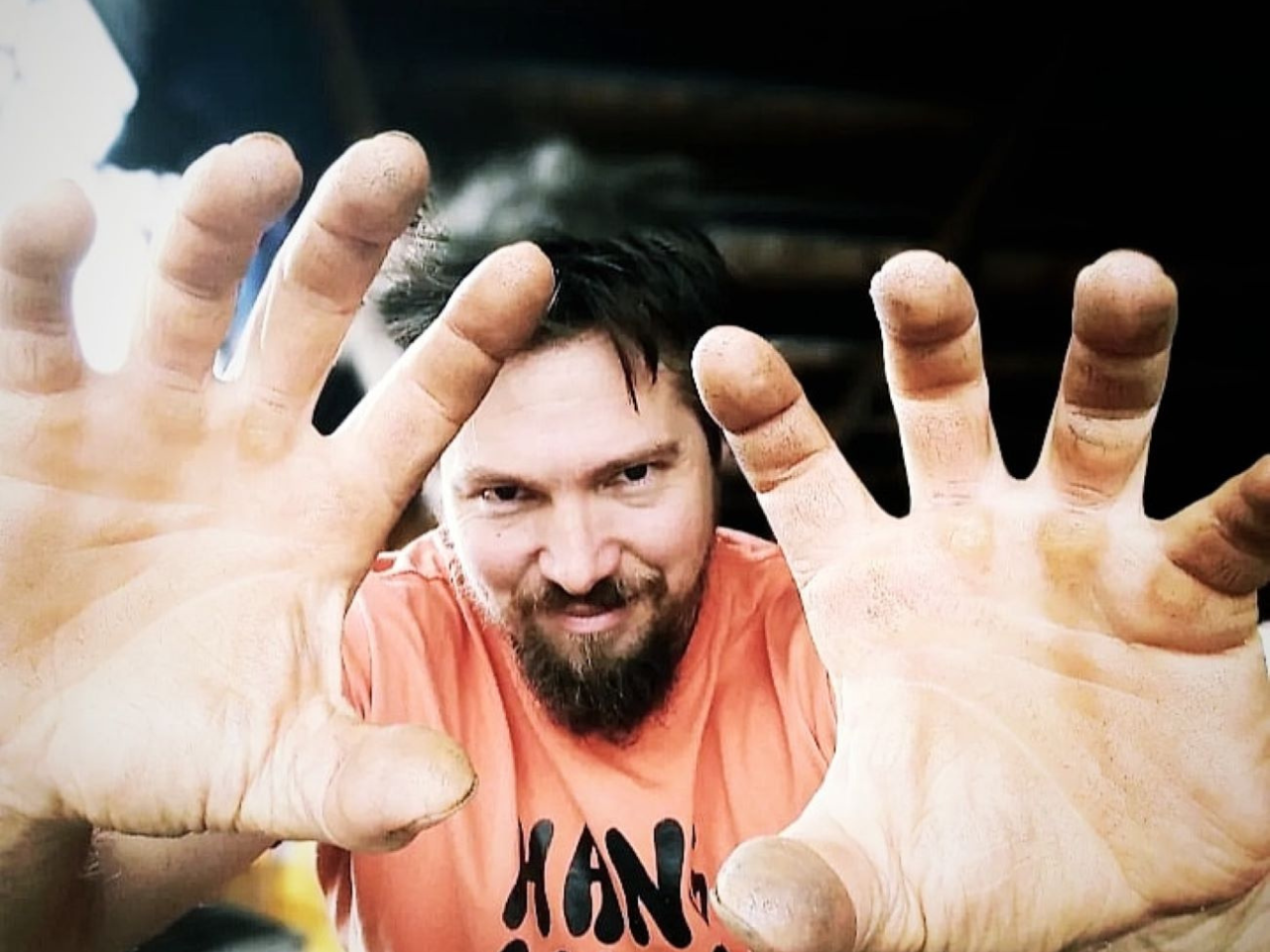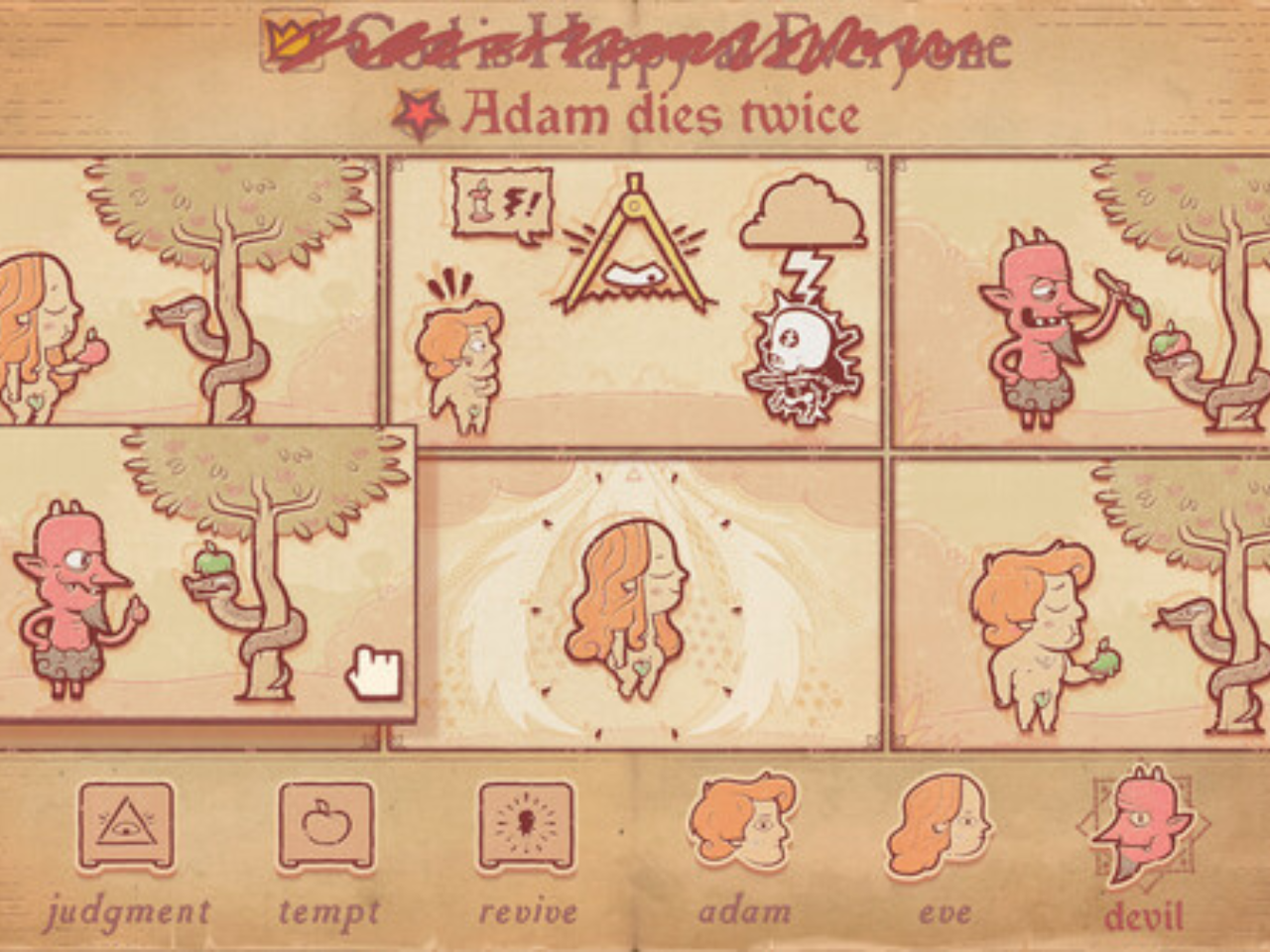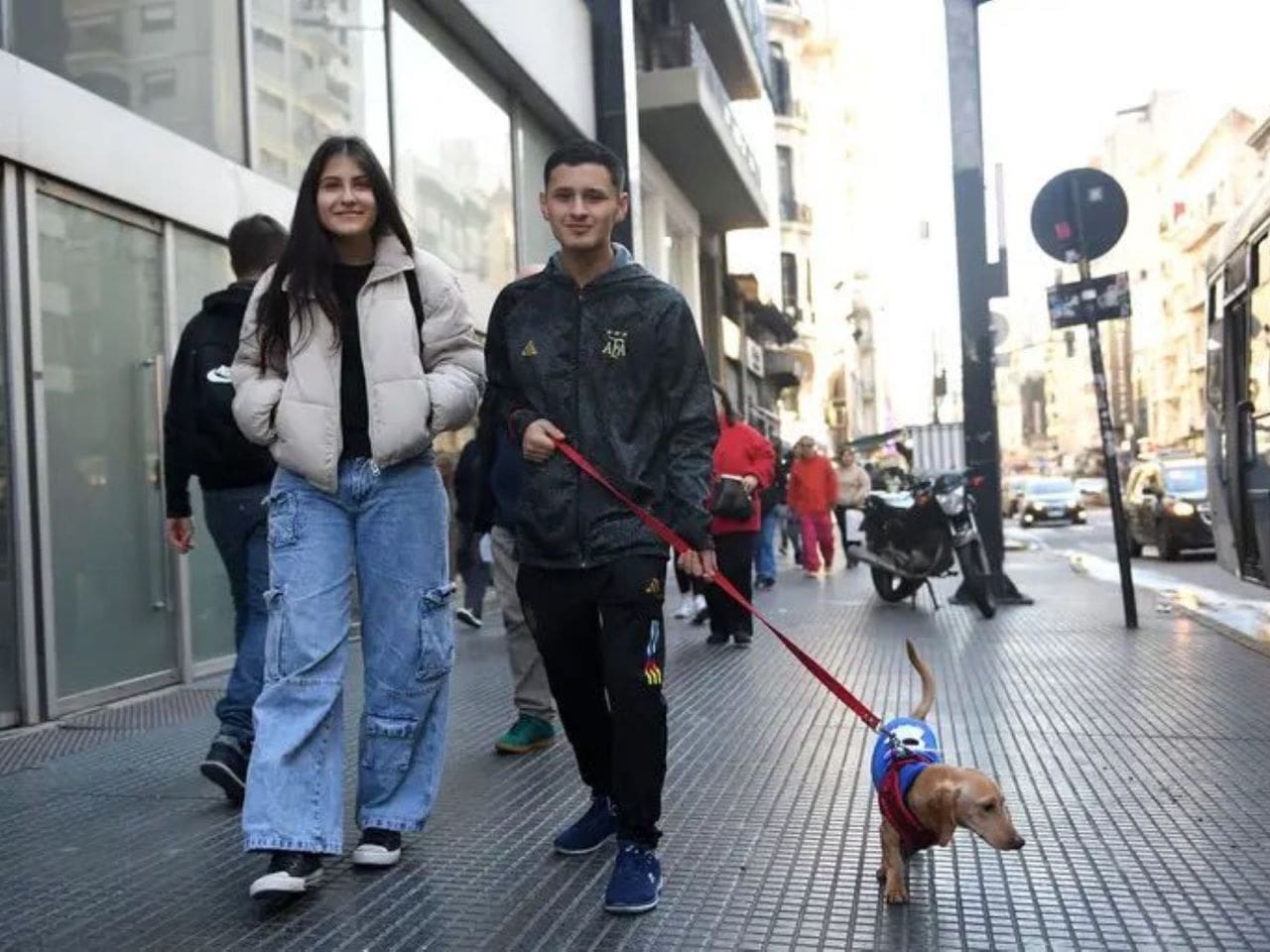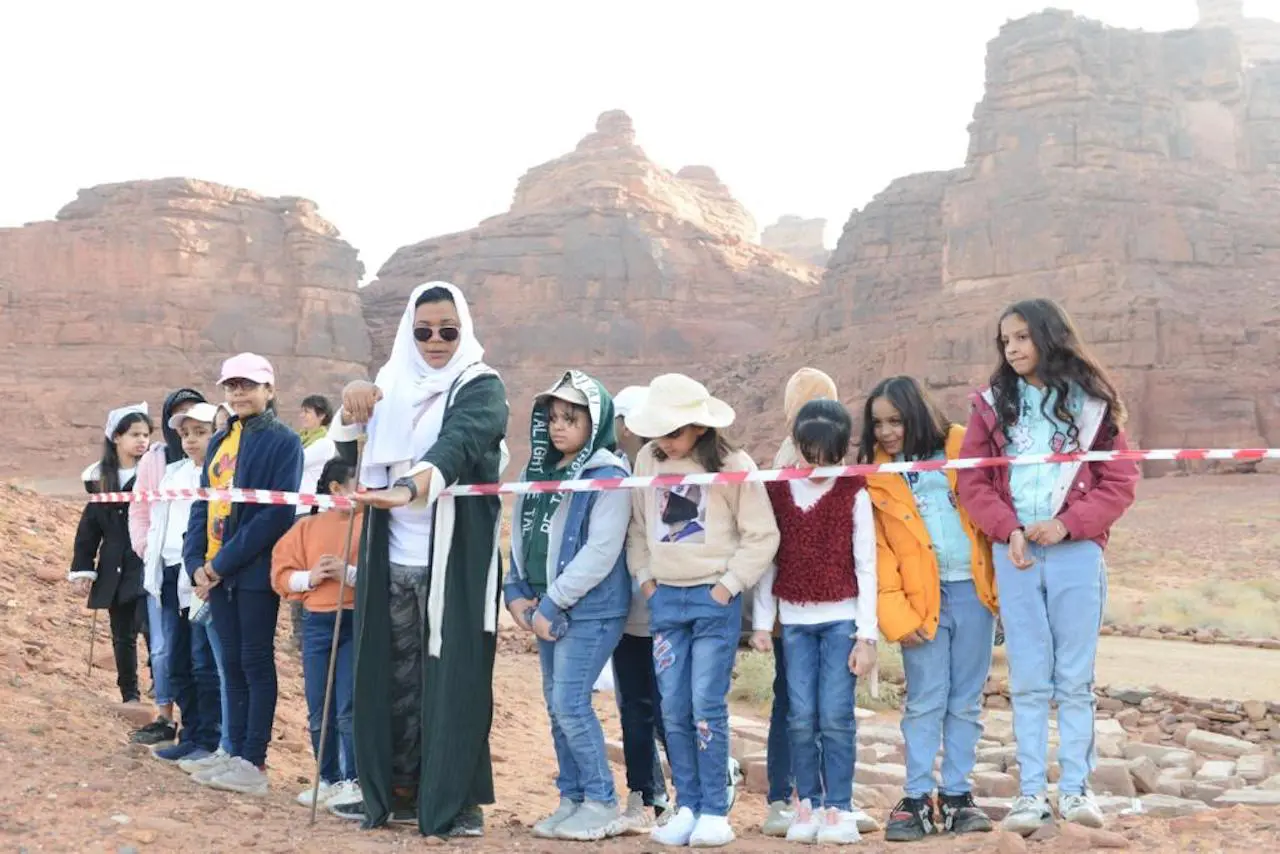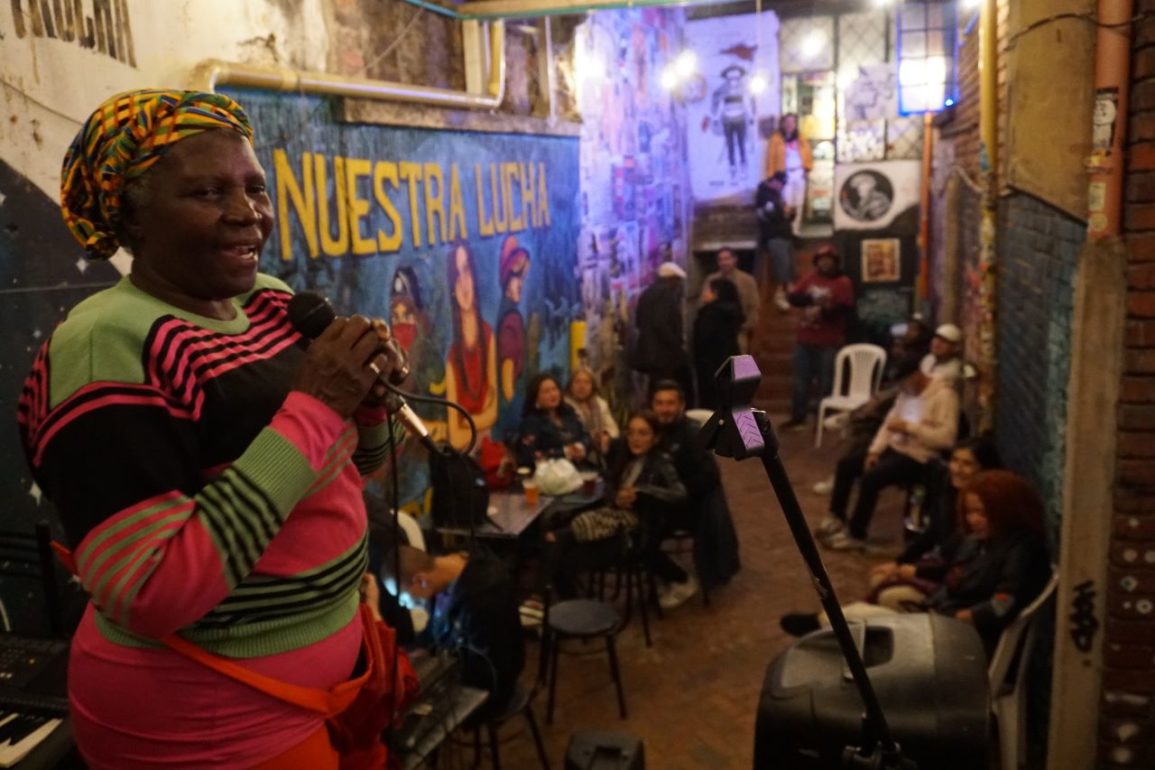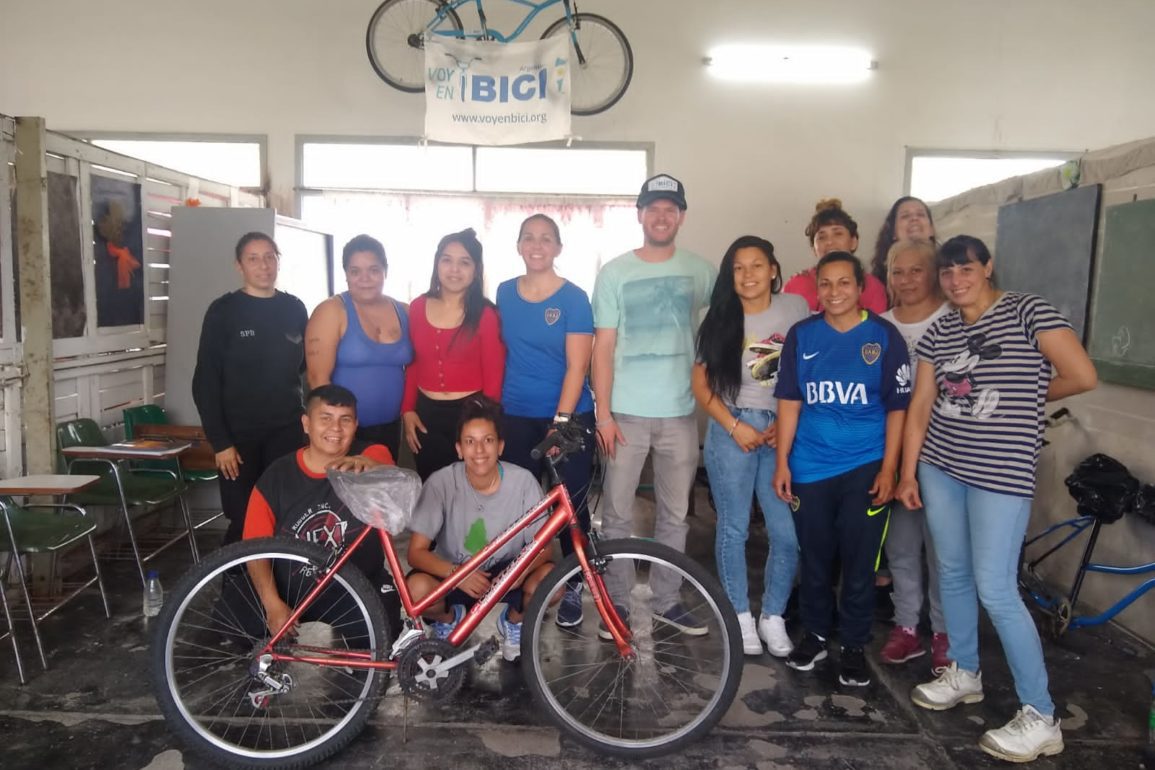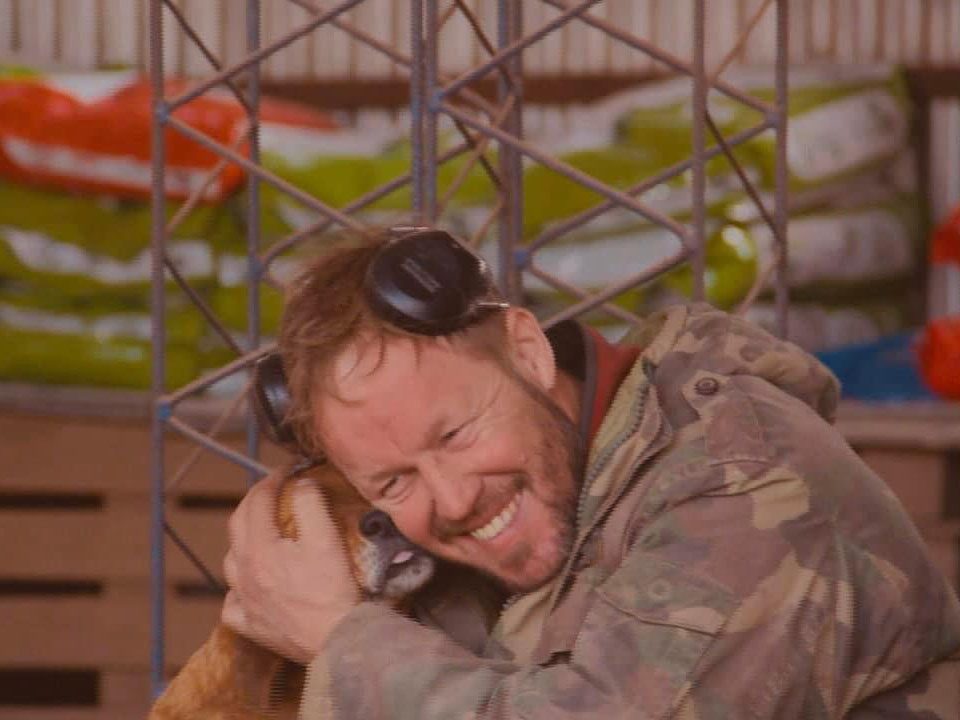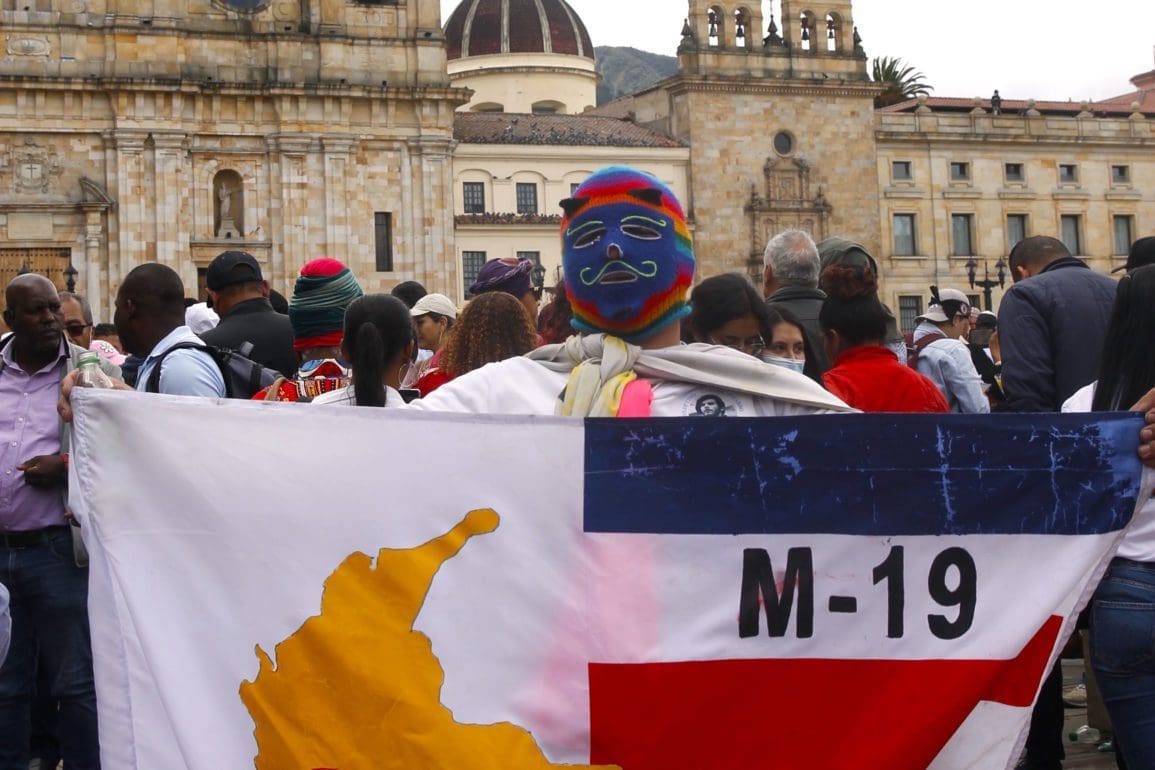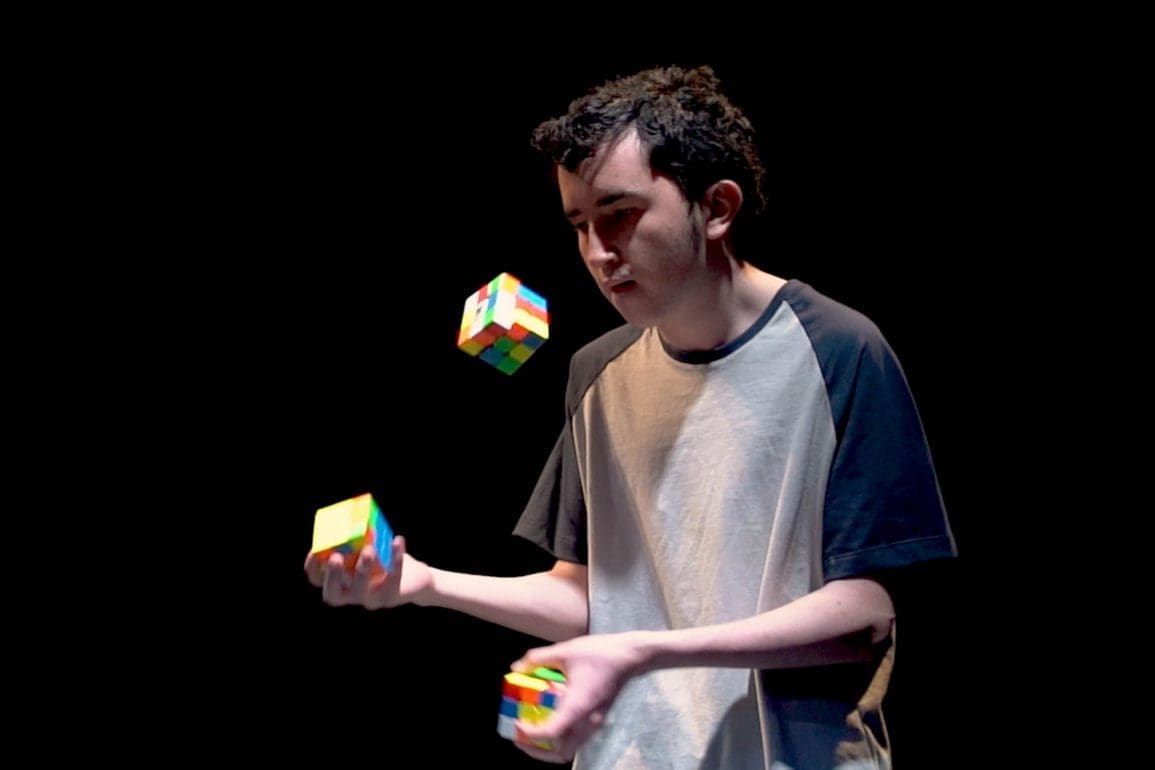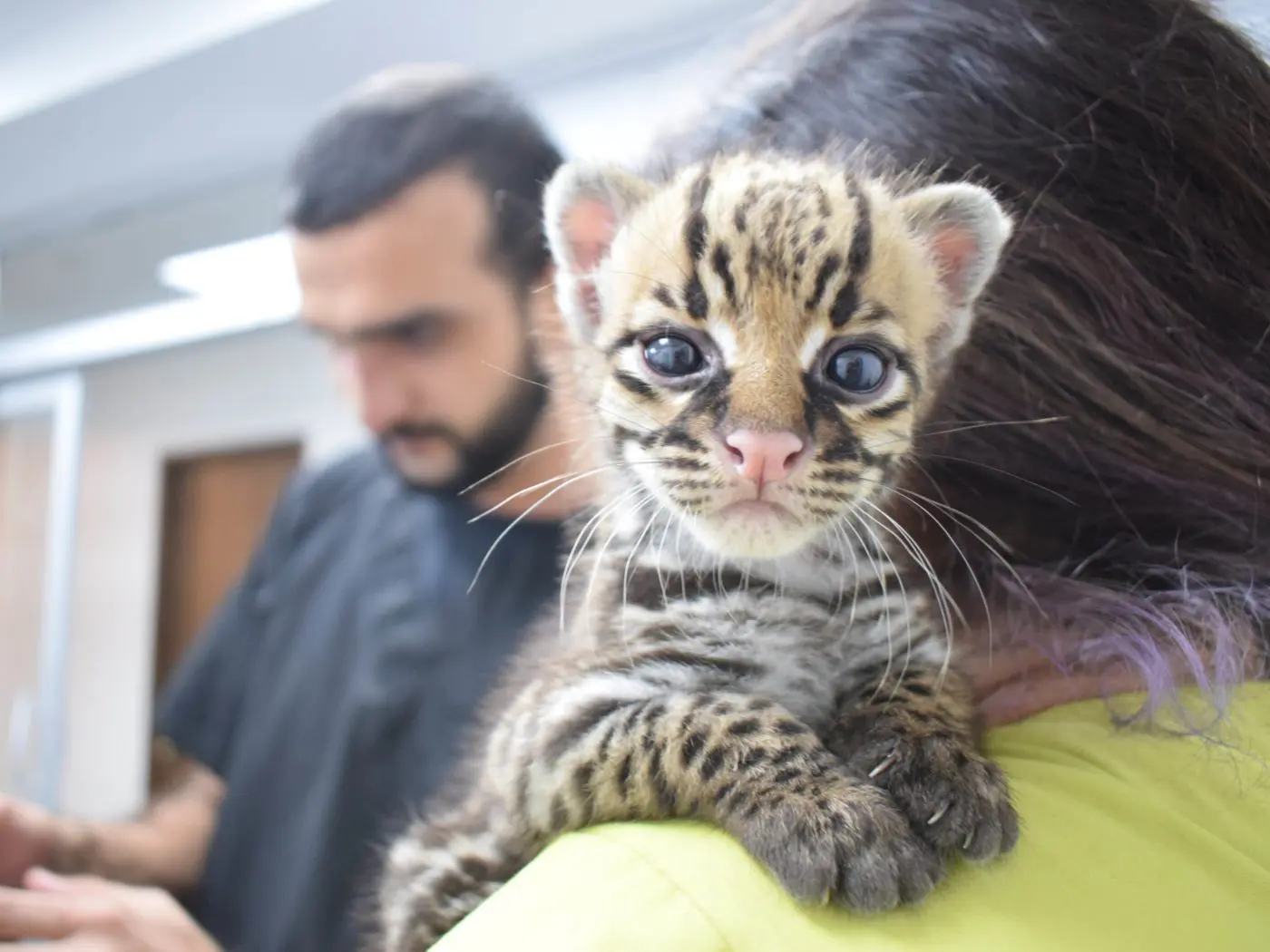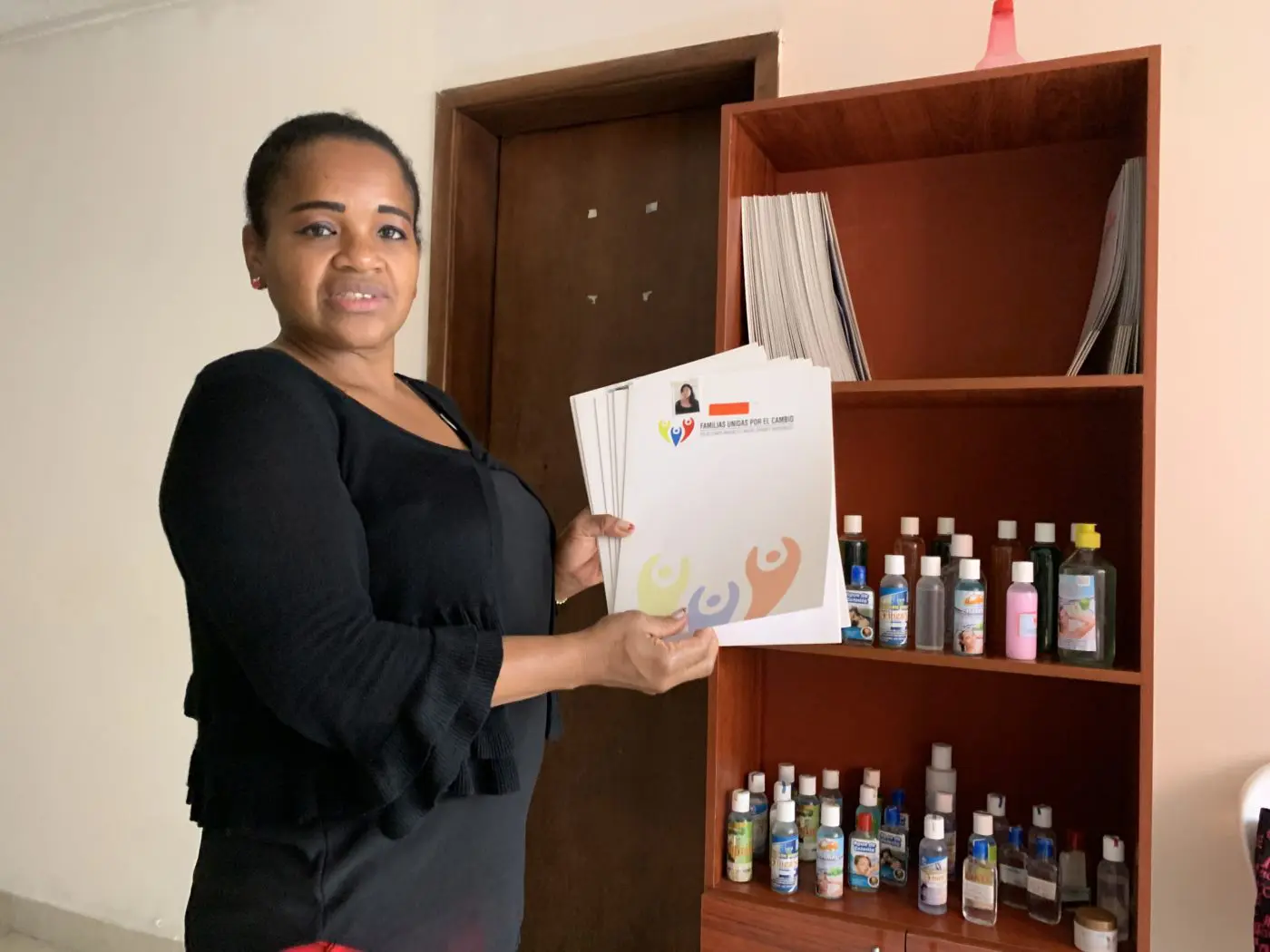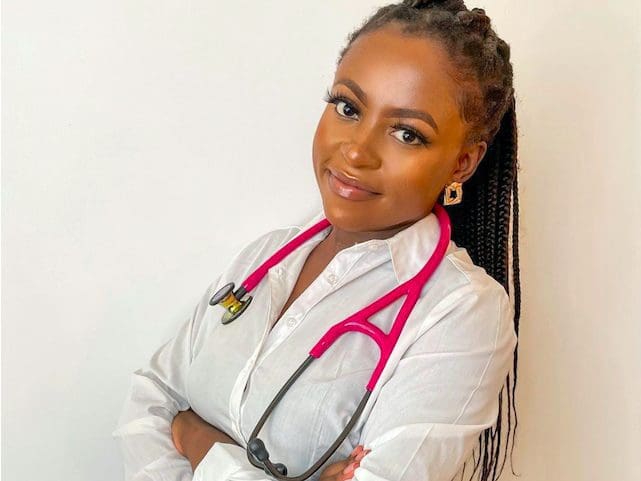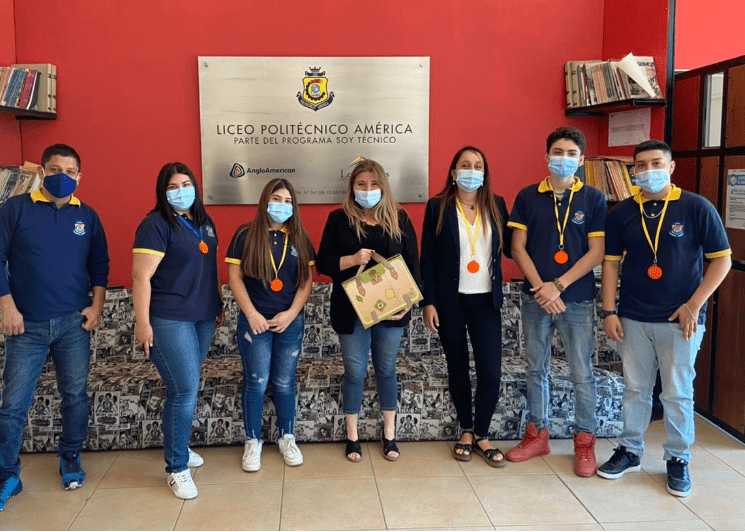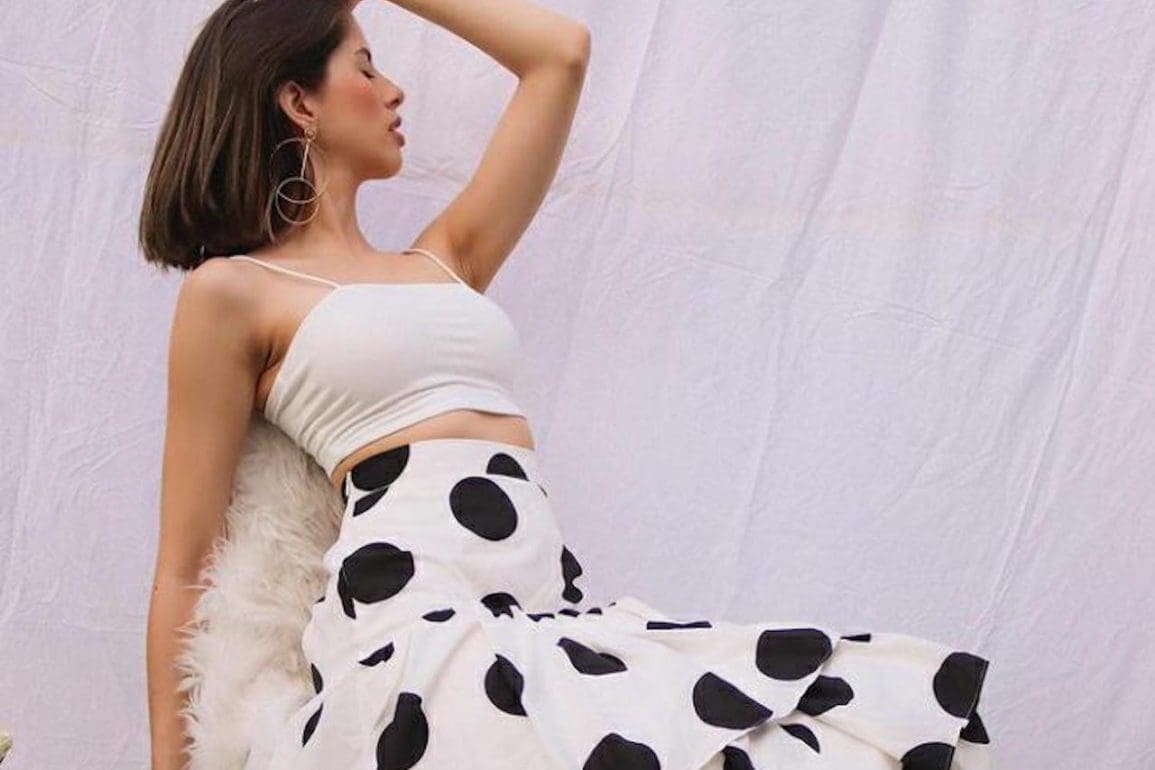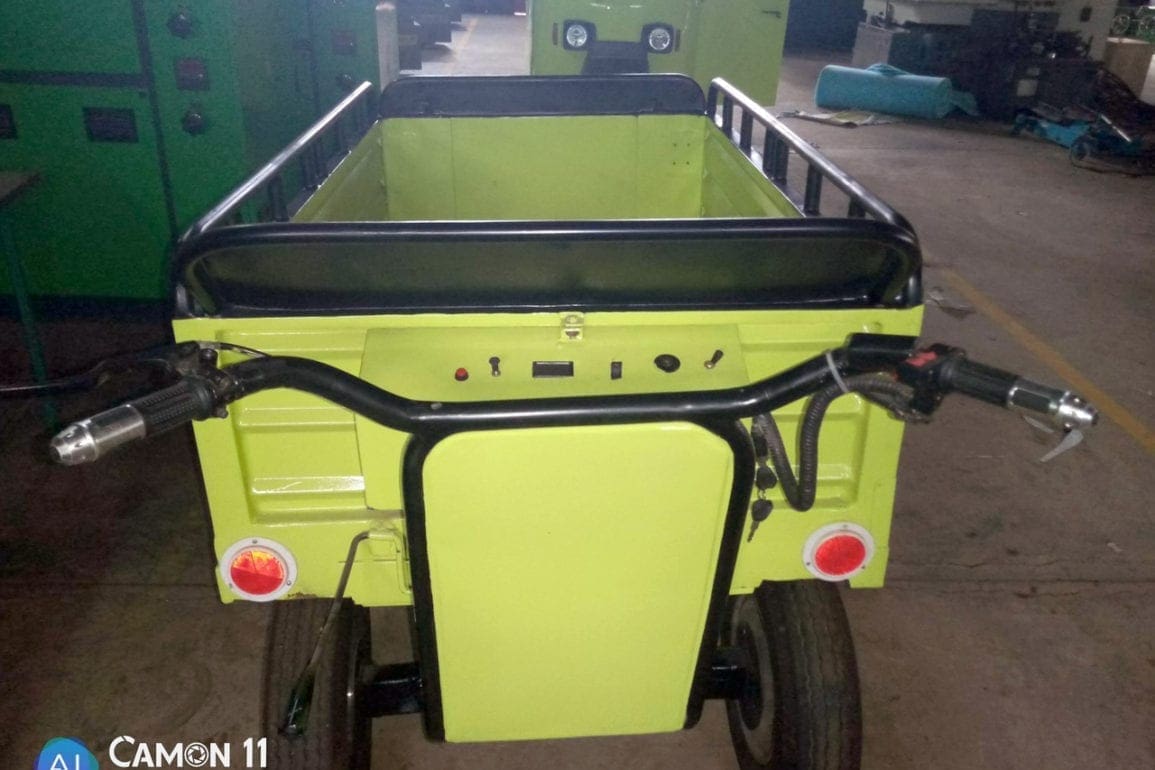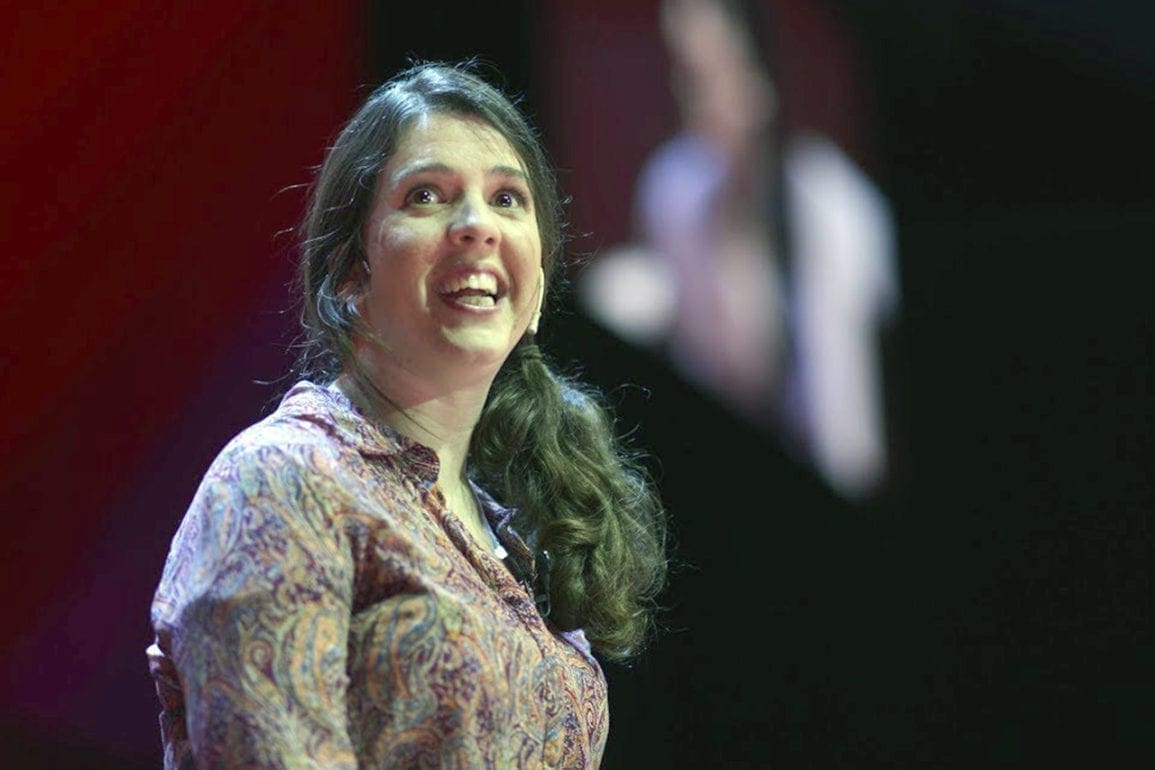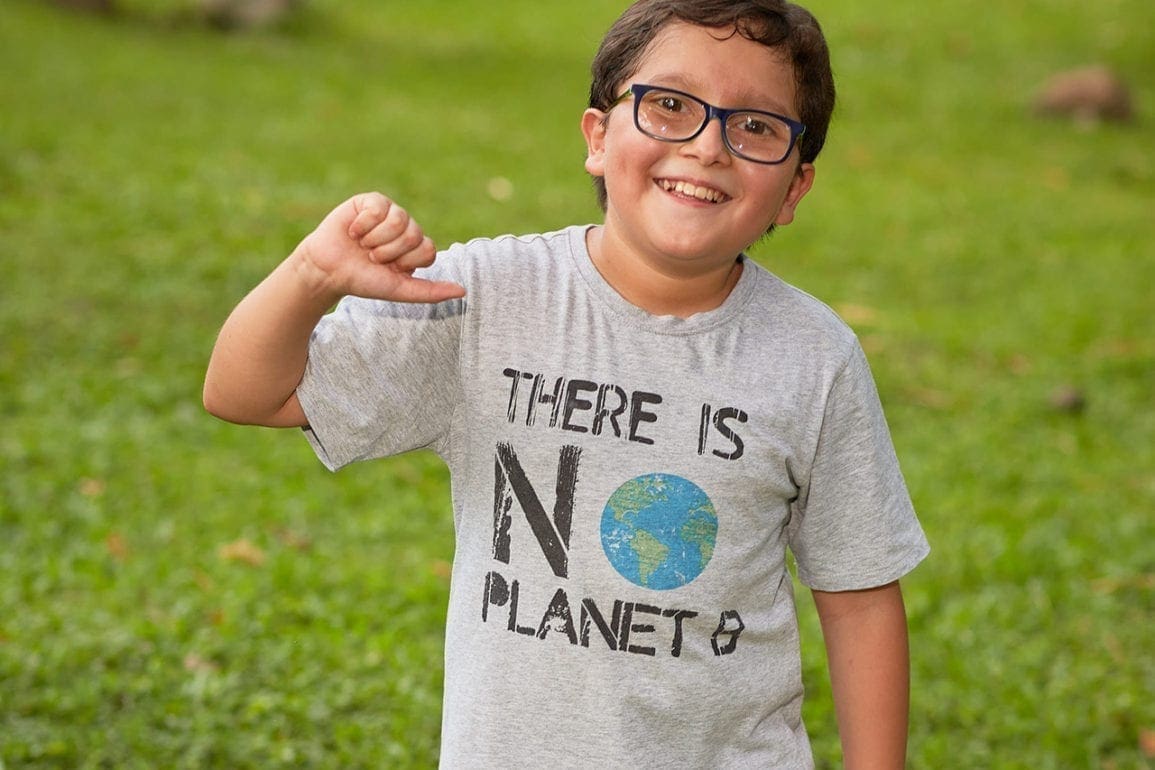Christian minister forges their own path
I identify as gay, trans, and non-binary. My fourth coming out is as a reverend. With each coming out, I faced the loss of friends, family, and education.
- 3 years ago
July 3, 2021
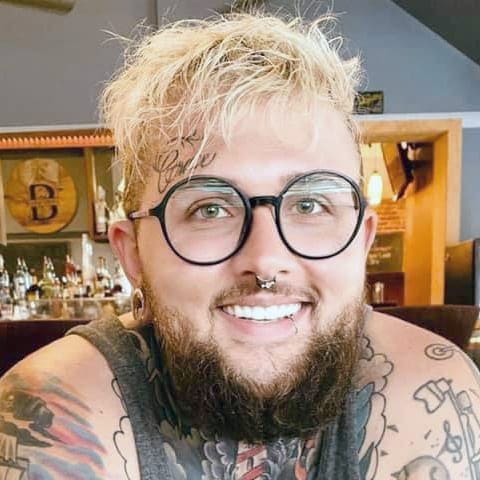
OLEAN, N.Y. — I am TikTok famous. I posted a video online of me on my scooter in front of a local chapel.
The pastor of this chapel has openly and publicly expressed his disdain and hatred of gay people. He refuses to use my preferred pronouns they/them and instead uses she/her.
My TikTok showed me in front of the chapel, correcting my pronoun usage.
Many supporters watched the video, but detractors asked that I pull my pants down to determine my sex.
As disturbing as that is, I found myself laughing at the absurdity of it. It doesn’t dissuade me in the least. Instead, it gives me power.
Being me in rural America
Scooting down the road wearing short shorts and a crop top which reads “My Gender, My Rules” is terrifying in rural America.
Add to that my hairy legs and stomach pooch, which is caused partially by genetics and partially by cinnamon rolls. That I made it to my office and back home without getting harassed is a miracle.
It’s a miracle born from years of community building and conversations. Community and conversations are the co-conspirators in the revolution of forward movement to what I call my fourth coming out.
I identify as gay, trans, and non-binary. My fourth coming out is as a reverend. With each coming out, I faced the possibility of losing friends, family, and education. But I was most worried about losing my sense of calling.
College daze
I remember my freshman year of college as a member of the women’s soccer team. A teammate blindsided me when she told me she was gay. She confided in me because she thought I was gay, too.
I never thought I might be gay until she told me she was, but I certainly knew something was different about me. I did not feel the way others felt, and I was not attracted to boys. I just assumed my calling was to be a celibate female missionary.
As a result, I transferred schools and ended up attending three different colleges before finally graduating. Looking back, I realize I was running away from admitting I was gay. After five years of passionately trying to not be gay, I am. It’s not a choice.
Fighting it was a learned behavior. Back in school, my parents called my college to insist on reparative therapy. My family raised me to believe people like me did not exist, and if they did, they just needed to be “fixed.” Perhaps, I thought so too.
My college wanted to kick me out for being gay. It was not the first time someone discriminated against me based on my sexuality. One summer, I was a Christian camp counselor and was forced to go back into the closet because they would not have hired me had they known I was gay.
College became a revolving closet door. First, I didn’t want to admit that I was gay (door closed), then I knew I was gay (door opened). I jumped to another campus to close the door, and another campus when the door got opened. The door closed again at summer camp, then I finally came out. Are you dizzy yet? I was.
Support and healing helped me succeed
I double-fisted the evangelical Kool-Aid. I followed all the rules. I wanted to love and help people, but I was marginalized and told I didn’t exist.
There are two options when one is marginalized: try to fit in or try to fix it. Through knowledge, education, community, and conversations, I decided to fix it. I became a scholar and I studied theology. I became an ardent student of the Bible and have read it in five different languages, including Biblical Hebrew and Greek.
Luckily, I had two wonderful people at my final college who made sure I graduated. Even though my parents wanted me “repaired” and the college wanted to kick me out, these two pivotal individuals made sure I had the resources and support I needed to finish. Once I did, they tendered their resignations. I am forever grateful.
Interestingly, several years after graduation, I ran into a former soccer teammate and friend. She told me that my entire soccer team from college talked about me. Remember, these were Christian schools. Gay did not exist. You were straight and on track to find a husband and raise a family.
She confessed to me that she knew what was happening — that they talked about what I was — but she did not do anything to stop it or counter the narrative. This lack of action was becaue she did not want to be considered “gay by association.”
She apologized to me. I could have been upset, but instead, I felt validated. I also had a degree of sympathy for her. College is a pivotal and overwhelming time. Each of us is trying to figure out who we are and what we were meant to do. She struggled with being my friend because she was concerned about her well-being, which I commiserate with rather than judge.
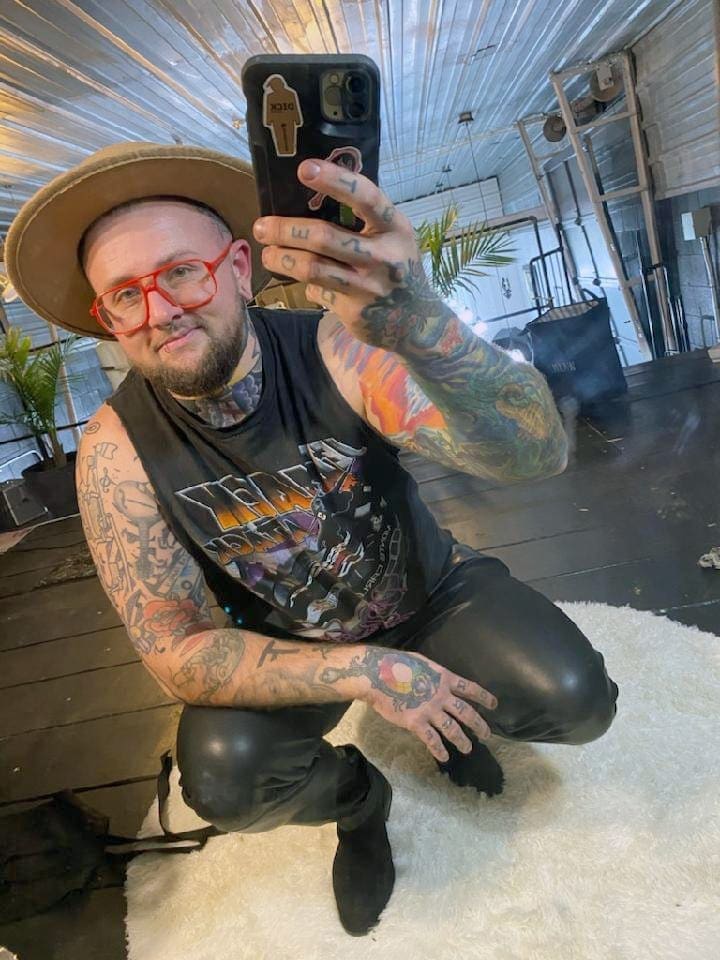
Queering rural America
I own a salon with my wife, Elle. We have five children – four are biologically hers; one is her niece, though don’t call her that because she is our daughter. We are an incredibly diverse and colorful family.
Elle is a beautiful, creative, spiritually-minded, feisty Latina. Two or three of our children are not neurotypical. Our black son is trans-masculine, and one daughter is straight.
When she told us that she was straight, Elle said as dramatically as she could, “What have we done wrong?”
We live in rural America.
We have had scary experiences with the police and some community members. We have had the front window of our shop smashed. We’ve received emails and other messages stating. “We don’t want your kind here.”
Each time something happened, we alerted the police and FBI. They very politely took our statements and quickly said these weren’t hate crimes. They did nothing. We still have no idea who broke our front window or who wrote the offending emails.
Anytime something happens now, we don’t bother telling the police. A friend told me that I should, and I just shrugged. I think that must be what black and brown people in America face.
They should be able to count on the police, but at a certain point, when they do nothing in situations that you know would be handled differently for straight, white people, you stop reporting.
At the same time, Elle and I run an openly queer salon. We have more people coming to us than we have room for and time to serve.
Last week, everyone in the shop but Elle was trans. That’s empowering, satisfying, gratifying, and validating.
Kayaks and camping
There is a stigma that rural America is very anti-LGBTQ, but we’ve had a pretty good coming out experience.
Overall, this has been a safe community. Yes, there are still scary people here, but we can choose to fall backward or fight like hell to move forward.
Olean is a place where my family can survive and push forward.
According to the 2019 report Where We Call Home: LGBT People in Rural America, authored by the Movement Advancement Project, estimates report there are between 2.8-3.9 million LGBTQ Americans living in rural America.
People have difficulty with those numbers because they assume that if you are gay, you live in a city, or you move to one.
If you go to New York City and ask them where the lesbians are, people will tell you Western New York. Go where the kayaks and camping are.
We need to assert our existence in rural America. Rural America’s sense of community and familial nature are values we espouse.
We want what everyone wants. We want to walk into a store or café and have them know our order or know our mom or our spouse. We want to exist because we do exist.
The greatest violence done to the LGBTQ community recently was in erasing us. They removed us from the U.S. Census. If there are no data, there is no funding. Without funding, there aren’t needed services.
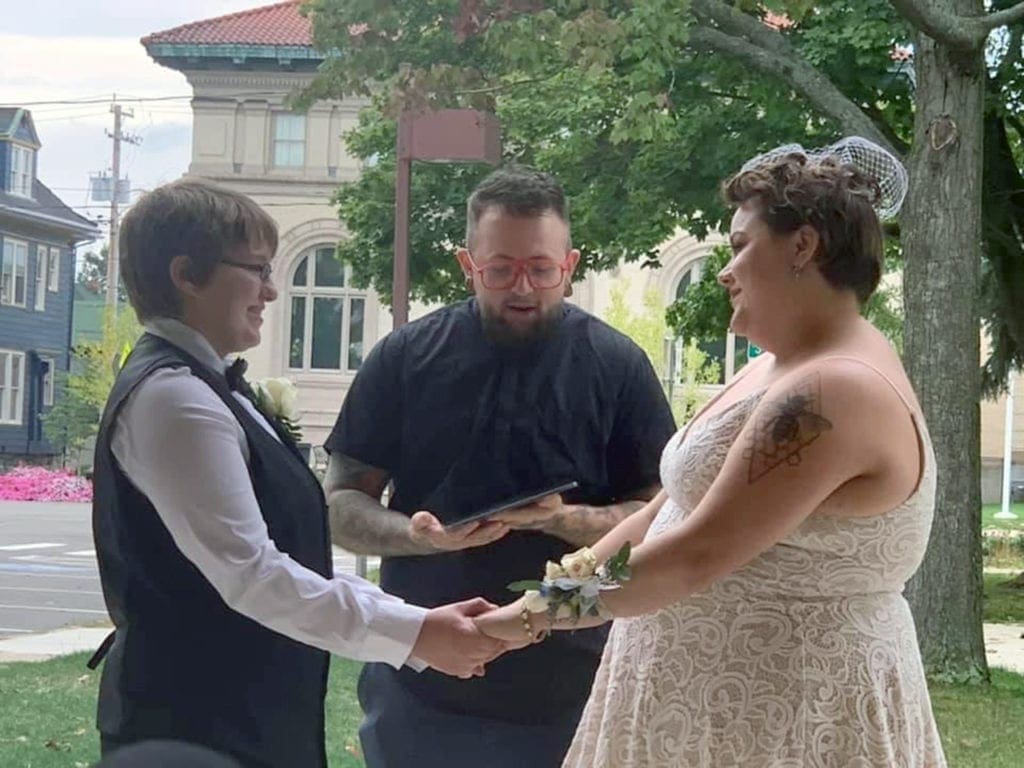
Taking back Christianity
I will have a Ph.D. in queer theology. I will continue to live in rural America. I will continue to be gay, trans, non-binary, and I will preach. My undergraduate capstone project was to start a church.
That project beget my Conversations podcast (conversationsofficial.com/podcast). I address questions like, “Can a clergyperson be Christian and gay? What are my values? What do I stand for? What do I represent?”
There are over 32,000 verses in the Bible, and only about seven to nine of them deal with LGBTQ people, and even then, those passages are really about rape and incest.
There are more than 450 verses that deal with taking care of the poor. The Bible is about so much more than atonement and who we should exclude and more about who we should include.
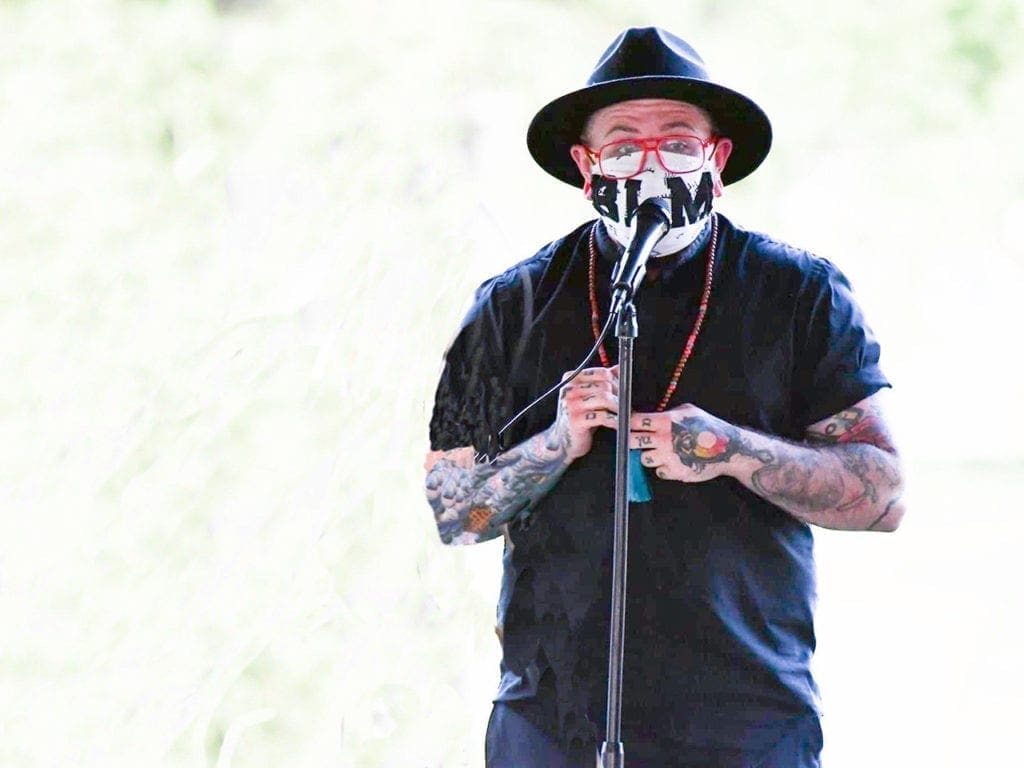
All of my interactions — good and bad — forced me to think about what my values are. I have two words tattooed on my hands — one is the Greek word Agape meaning transcendent love; the other is the Hebrew word Shalom meaning peace.
I study the Bible and theology because I want to know. I want to teach, converse, and I want love and peace. I want to forward the narrative that current Christian religious ideas are dangerous.
Evangelical colonialism is alive and well. They take their message to people who grasp at any hope and sell them hate, which they have to buy to curry your favor and the favor of God. They wield the power of divinity.
@spirituallynbleowt Fixed the sign lol scootin past the #haters #queer #gay #lesbian #transgender #nonbinary #gaychristian #believerchapelofhate
♬ Astronaut In The Ocean – Masked Wolf
Unholy trinity
The unholy trinity of patriarchy, capitalism, and evangelicalism are designed to make people feel as if they lack something and need to return to the source of their absolution. I think that is dangerous, and that is not in keeping with the non-binary and queer history of Christianity.
I think the church as an institution and concept was queer from the beginning. By “queer,” I mean it didn’t exist within binary confines. Religion wasn’t centralized. It was in people’s homes. It was henotheistic in that people worshipped one God of many. The church lost its queerness when those in power wanted to solidify a hold on power.
I am here to correct the narrative. There are differences in each religion but also remarkable similarities.
Religion has become a cult and is so divergent from the historical church. To paraphrase the great Audra Lord, that I exist is an act of revolution.
